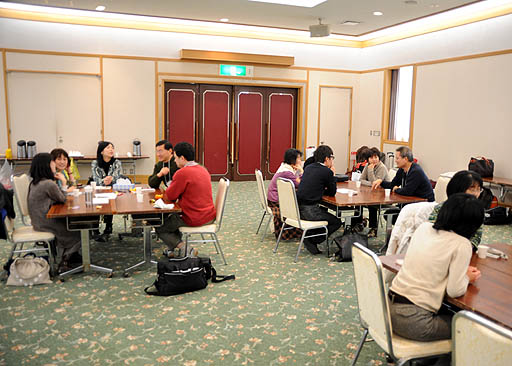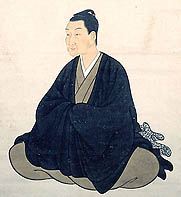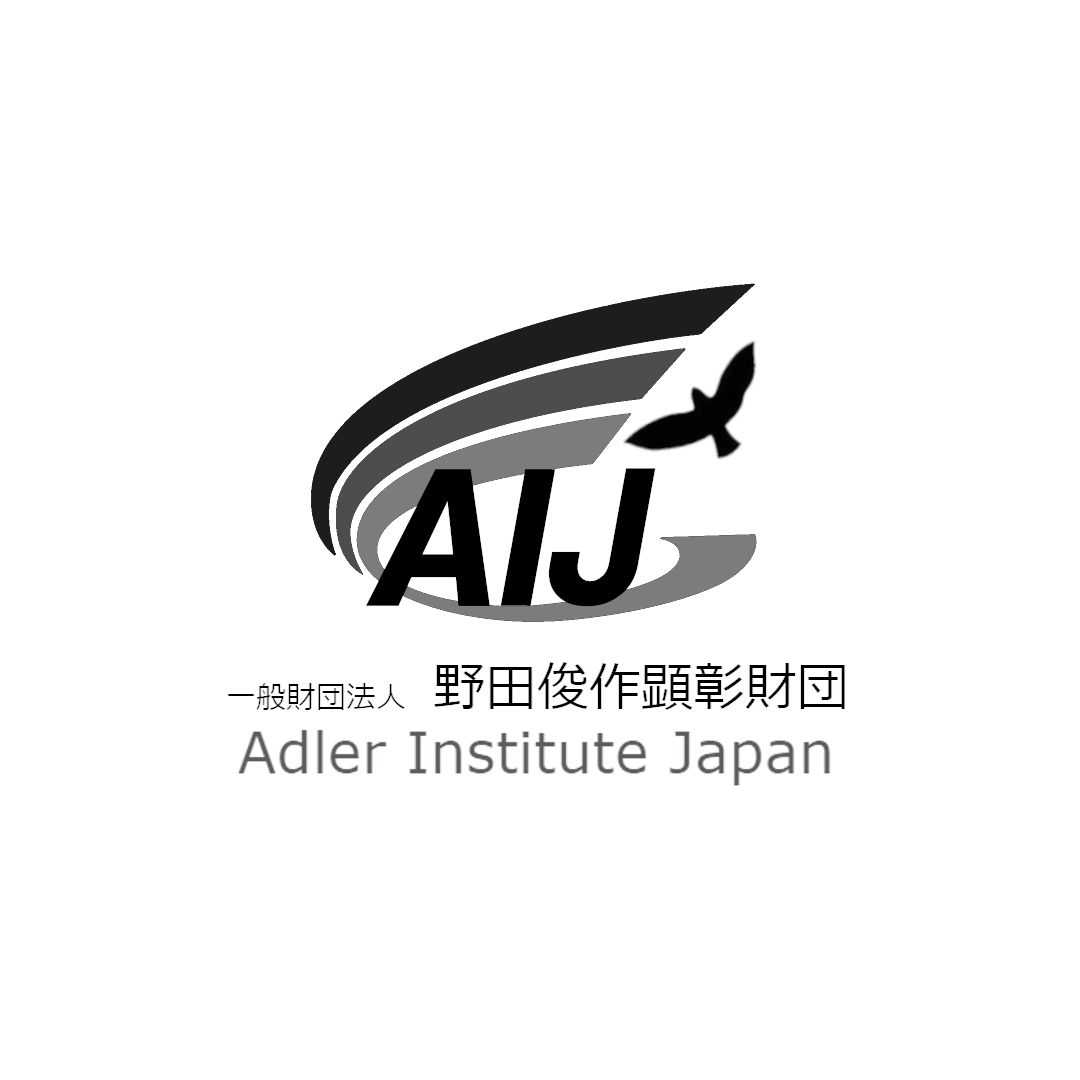I hold a workshop of spirituality in Susami, Wakayama Prefecture. Susami is a small beautiful fishing village along the Pacific Ocean. The village locates in the far south of Osaka, and it takes three hours by train.

“Both meditation and wisdom are necessary for the enlightenment” said Indian philosopher Kamalashîla who introduced Buddhism into Tibet. The meditation workshop I performed in December was literally for meditation, and this workshop is for wisdom, and both of them aim to develop morality, or in the Adlerian term, Gemeinschaftsgefühl.
The modern society is awfully immoral. It is because of anthropocentrism, or simply, humanism. The humanism divides the world into two parts; human beings and matters. It opposes human beings with the material world. Both animals and plants are classified in matters, and they are regarded as mere dead things. Human beings are considered to have the right to rule over the material world including animals and plants. “Conquer the nature!” is the catchphrase of the humanism. This is the root of the immorality of the modern society.

Just think. How we are living? We live by taking living things. We eat animals and plants. Animals are same to us, but plants create life from inanimate objects such as the earth and the water. Therefore, human beings and animals accept life from the earth and the water indirectly through plants. That means, the inanimate objects, the “dead” matters, are also a part of our life. Conversely the whole world is living, and we, human beings, are the part of the whole. We must think ourselves as cells of the living organism called the earth. We are inevitably embedded in the world. We are not isolated individuals. We are connected with the world in the most essential meaning. When we realize that the whole world gives us our life and keeps us alive, we can remember our responsibility to the world and to the other beings, and we can be ethical. This view is sometimes called pantheism. I name it absolute holism, as I am an atheist. [1]
Every time for the spiritual workshop, I choose some words from a Japanese or an Asian thinker to explain the absolute holism. This time I quoted phrases from Norinaga Motoori (1730-1801), a Japanese Shinto thinker. He says:

“The Confucian way tries to expel all the evil, and to fill the world with the good, just like sweeping the floor of a house. But it is absolutely impossible. The human wisdom has a limit, however he/she would be smart. There is surely something which we cannot know. Therefore, with good intentions we might do bad things, and bad things we consider might be good. What is good in the present time might be bad in the future, and what is bad in the present time might be good in the future. We cannot know the result in the distant future. In short, we are not omniscient. Someone may think that we should do nothing positive letting everything as they are. No, this is a wrong idea. It is the Way of Human that we should do what we should do. A person without doing necessary things betrays the Way.”
This is not agnosticism nor skepticism. He, as a Shinto philosopher, strongly believed in the idea of the living world. As a part of the world, we must live as faithfully as we can. We should, however, be modest and must not conceit ourselves to be good without reflection. We must consider what we are doing from the “holistic” viewpoint; i.e. in the relation to other people, other beings and the living world itself.
I connect this idea with the concrete problems of participants. For example, a mother may have a trouble with her child. We discuss the problem from the “holistic” viewpoint, sometimes using her early memories in the Adlerian way. I hope she realizes that she was only concerned in her own interest and discovers that the whole, including her child, her family, the society and the world itself, wants her another thing to do.
[1] Shunsaku J. Noda: The Concept of Holism in Individual Psychology and Buddhism. J. Indiv. Psychol., 56(3); 285-295, 2000.

